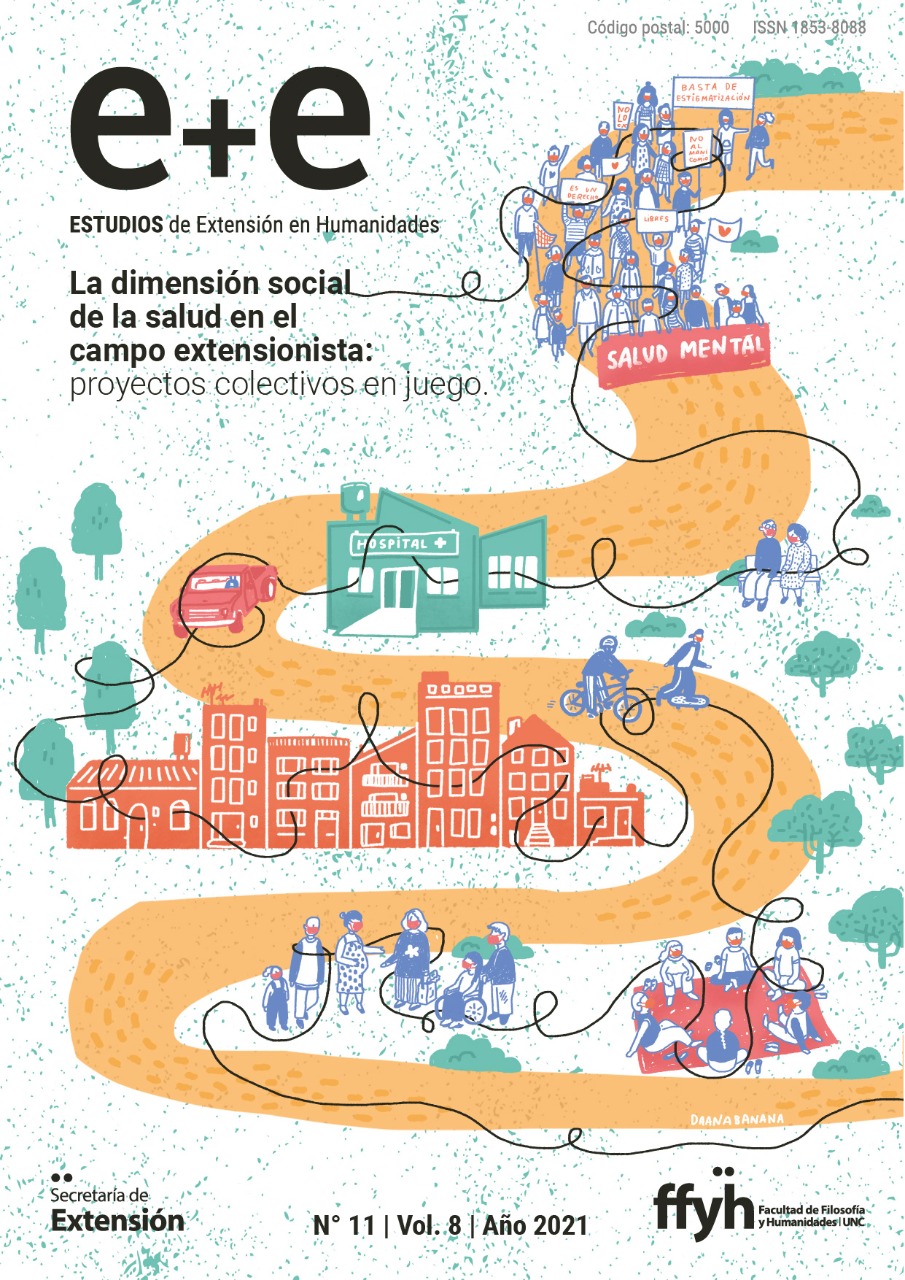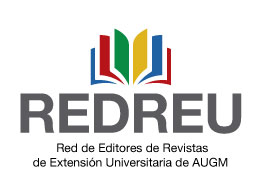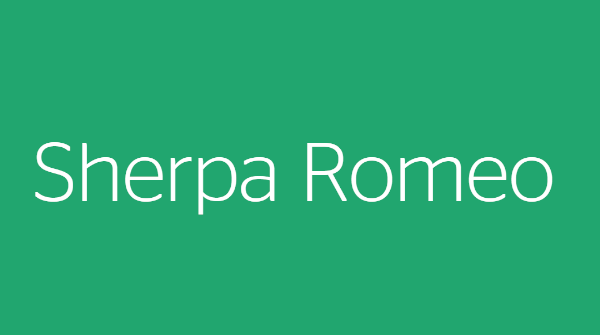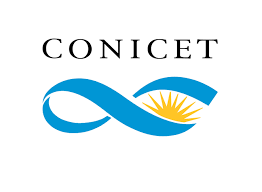ESI youth: an intersectional proposal with a rights perspective with a virtual rights perspective
Keywords:
youth, writing practice, ESI, gander, vistualityAbstract
School as a privileged setting for exchange between peers and other adults, is a complex and dynamic field, but one that favors the promotion of human rights for respectful coexistence.
Based on the exchange with the actors of an IPEM in the city of Córdoba, and in relation to the current context of pandemic, we designed the following extension project. The interdisciplinary cabinet of the school demands tools and resources for the mainstreaming of the work of Comprehensive Sexual Education -ESI- in the curriculum of the different subjects, as well as the intervention through different devices, with the students. As general objectives of the project, we propose to promote spaces for reflection on gender issues, within the framework of ESI, from the co-construction with the different school actors of the IPEM and in turn, favor school coexistence among students, based on participatory practices and experiences. Regarding the specific objectives, we consider facilitating the exchange and co-production of knowledge of rights, in relation to situations of gender violence that occur at school, within the framework of an intersectional and interdisciplinary gender perspective. Likewise, to identify situations of violence against women and gender-gender differences that occur in virtual schools in the context of the pandemic. As well as, promote the encounter between peers, the exchange of meanings and the construction of links in the school coexistence. Regarding the Qualitative Methodology, we channel this project into
Participatory Action Research, which, as Montero (2004) proposes, is enriched with dynamic and collective methods. Regarding the approach to the project, we understand writing practices in a broad sense, as promoters of transformations at the intrasubjective level and their sharing will be in connection with the social and collective dimension, intersubjective and transubjective fields. We will use the approach life stories technique biographical (Paulin et all, 2017) and its development, will be through collective workshops via meet or moodle in virtual classroom, starting them, from topics about ESI and as an action of said workshop the co-creation of productions by of the youth. From the extensionist nature of the intervention, we consider that, as an expansive effect, it would have effects directly on them, and indirectly on the school, families and the community in general. The characteristic of the proposal will allow the meetings to be replicated, a posteriori, in other courses and institutions. In this sense, the work articulated with the institution’s referents will promote that the project can sustain its continuity through other actors from the proposed approach.
Downloads
Downloads
Published
Issue
Section
License
Copyright (c) 2021 Mariana Beltrán, María Micaela Dá Pra, Eliana Morena González Rivero, María José Meyer Paz, María Victoria Saracho, María Jimena Villarreal, Vanina Elizabeth Zurita

This work is licensed under a Creative Commons Attribution-NonCommercial-ShareAlike 4.0 International License.
Commercial use of the original work and any derivative works is not permitted, and distribution of derivative works must be made under a license equal to that which governs the original work.














